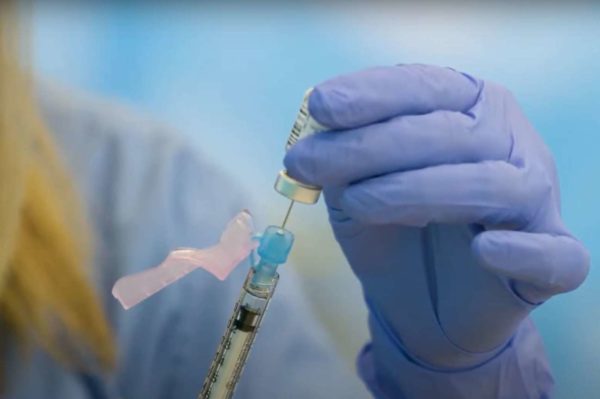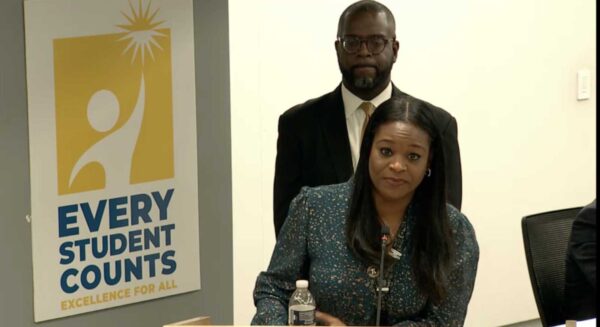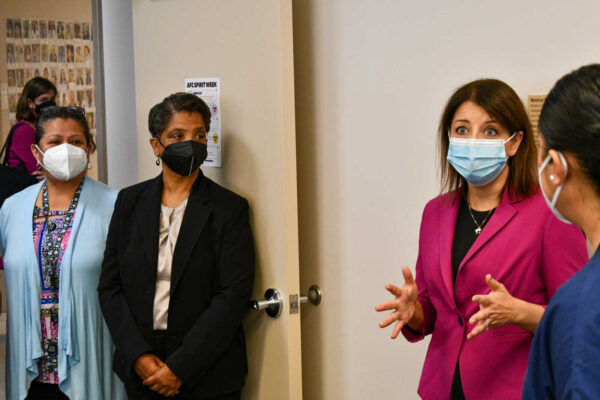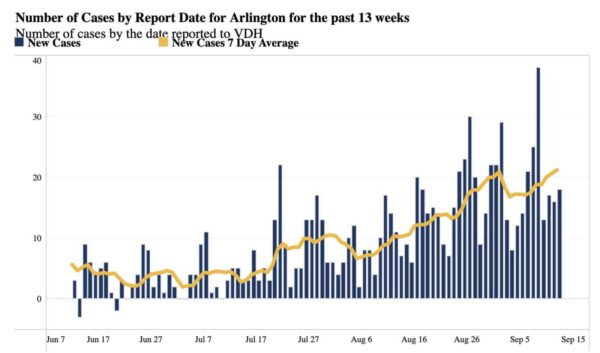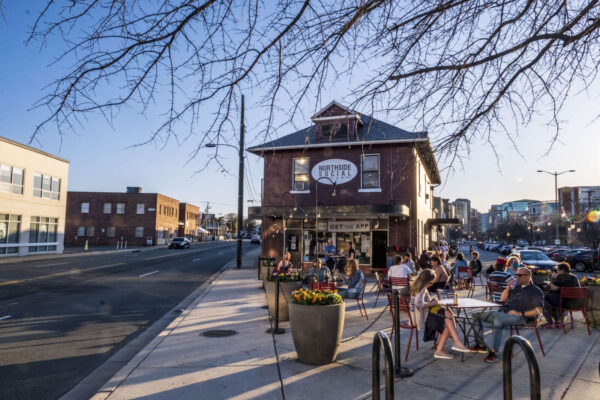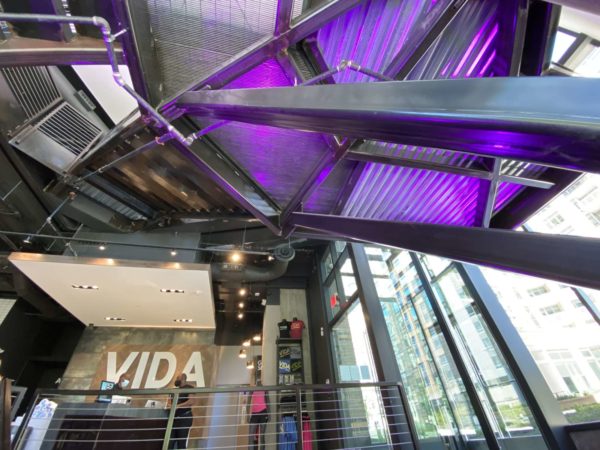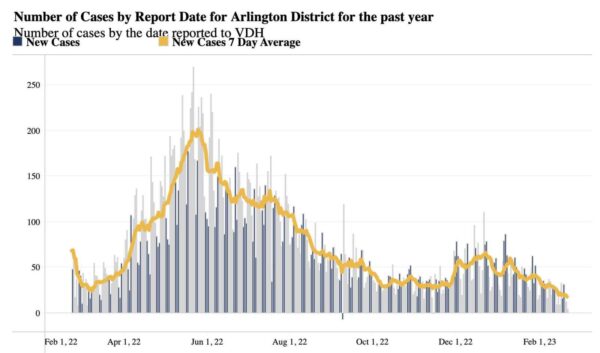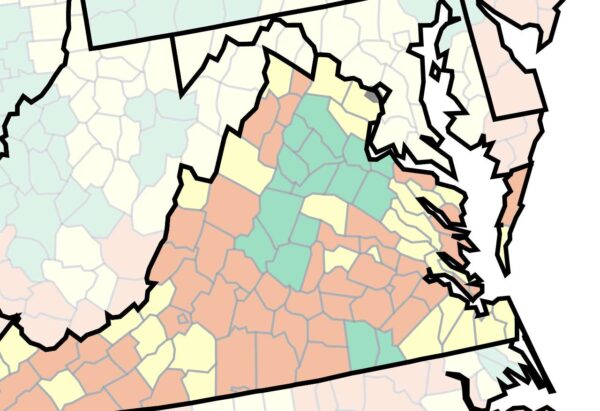Chances are you know someone who’s sick right now — if you’re not sick yourself.
We’re in the thick of cold and flu season, and each is on the rise alongside Covid and RSV, though the latter might be peaking. In at least one local drug store, meanwhile, ARLnow noted that Kleenex and Pedialyte seemed to be in short supply.


